Scientists believe they may have found the location of Noah’s Ark after deciphering a 3,000-year-old map, leading them to pinpoint a specific area linked to the legendary vessel.
A 3,000-year-old map may hold clues
Scientists believe they may have found Noah’s Ark on an ancient Babylonian map.
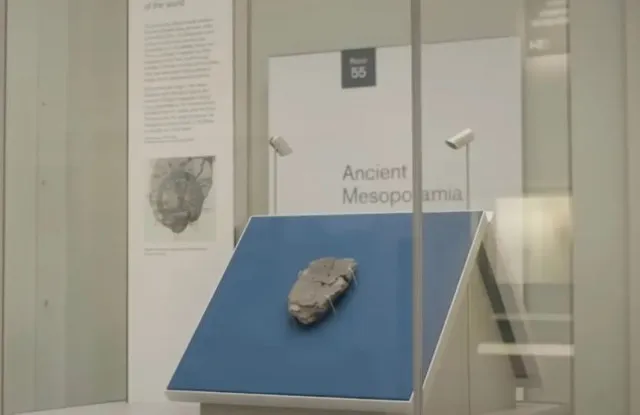
The 3,000-year-old clay tablet, thought to be the world’s oldest map, has mystified researchers since its discovery. Recently, experts unlocked hidden meanings that could lead to the ark’s location.
The map was found in the Middle East and acquired by the British Museum in 1882.
The tablet’s carvings, known as the “Imago Mundi,” show Ancient Mesopotamia, or modern-day Iraq, surrounded by a “Bitter River,” symbolizing the known world’s boundary.
For centuries, archaeologists tried to decipher the map symbols and text. Now, scientists think the symbols might relate to biblical stories.
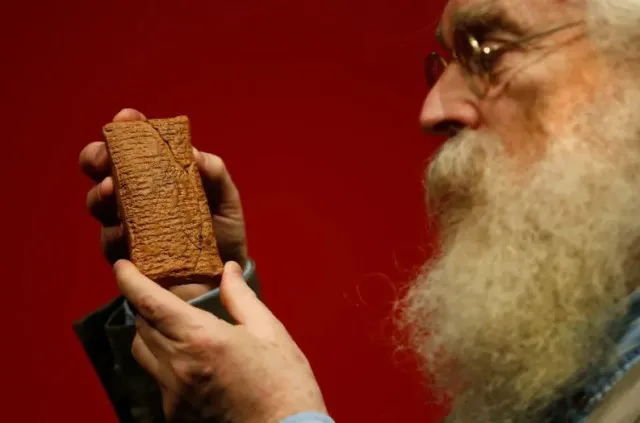
The artifact provided a journey with directions.
One section on the back of the tablet details a path, serving as a guide for travelers.
It instructs explorers to pass through “seven leagues” to reach something “thick as a parsiktu-vessel.” The word “parsiktu” describes the size of a vessel for surviving a massive flood.
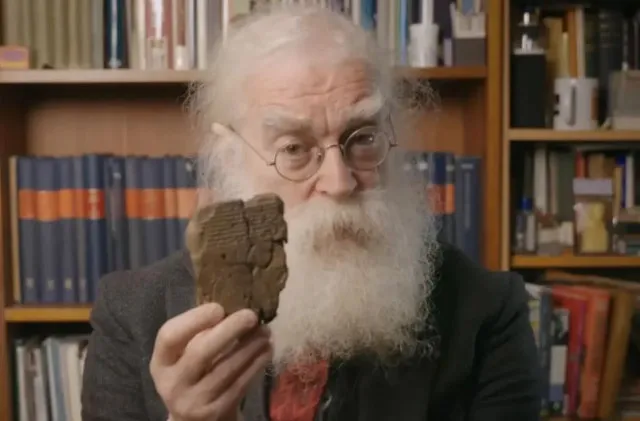
Another section seems to reference “Urartu,” or Ararat, where a man and his family landed a great ark, according to ancient Mesopotamian texts.
Dr. Irving Finkel shared his insights about the artifact
Dr. Irving Finkel, a cuneiform expert at the British Museum, shared his interpretation of the artifact.
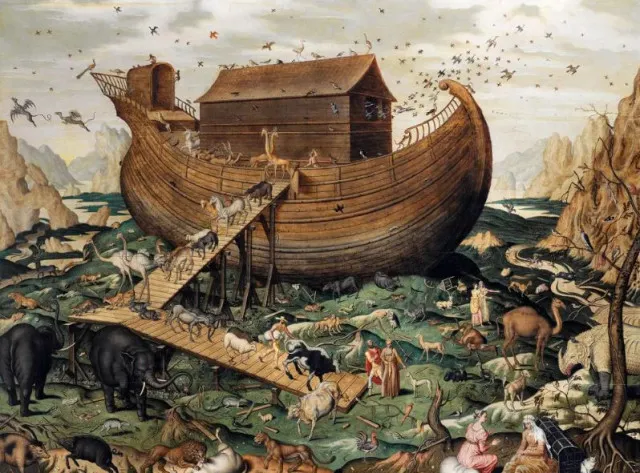
“Because it describes the Ark built by the Babylonian Noah, it connects to the Bible,” Dr. Finkel explained.
Speaking to The Sun, Dr. Irving Finkel said: “Because it is the description of the Ark which was built, theoretically, by the Babylonian version of Noah.”
“It shows that the story was the same, and of course that one led to the other but also, that from the Babylonian point of view, this was a matter of fact thing,” Finkel explained. “That if you did go on this journey you would see the remnants of this historic boat.”
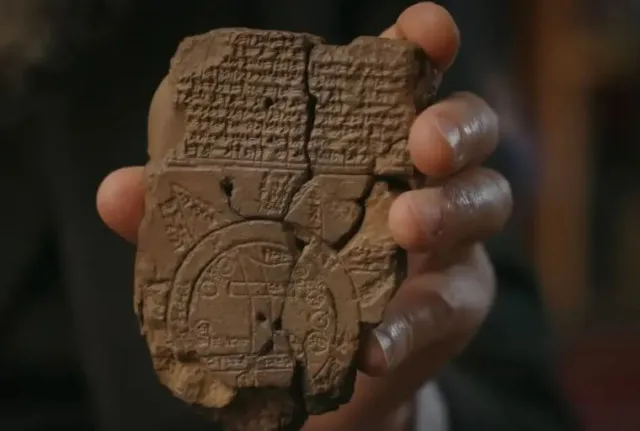
Researchers believe Urartu, also known as Ararat, sits atop a Turkish mountain. This site is where the ark supposedly rested after the flood’s 150-day span.
Babylonian and Biblical parallels
The Babylonian flood story parallels the Bible’s account of Noah. In the Babylonian version, the god Ea sends a flood to cleanse humanity. Additionally, Utnapishtim, the leader, saves his family by building an ark filled with animals.
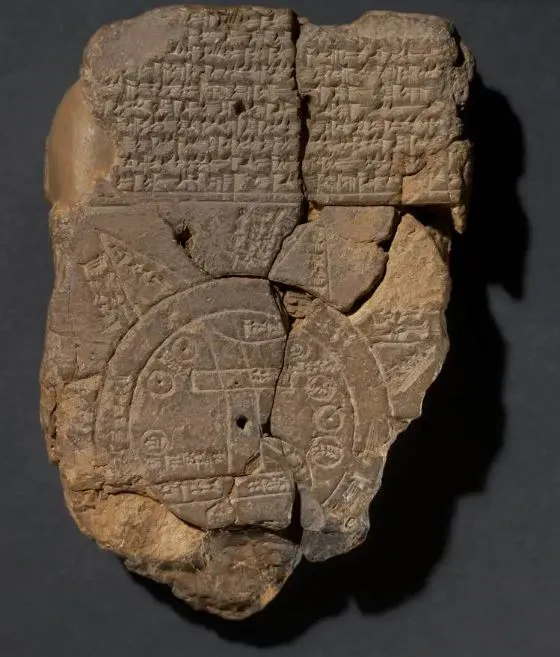
After months of intense flooding, Utnapishtim, his family, and the animals survived, reaching a peak in Urartu.
Scholars believe the Gilgamesh Flood story, recorded on other ancient clay tablets, is over 3,000 years old, while they estimate the biblical version to be about 5,000 years old.
The existence of Turkey’s Mount Ararat, as described in Babylonian texts, remains debated among historians and archaeologists.